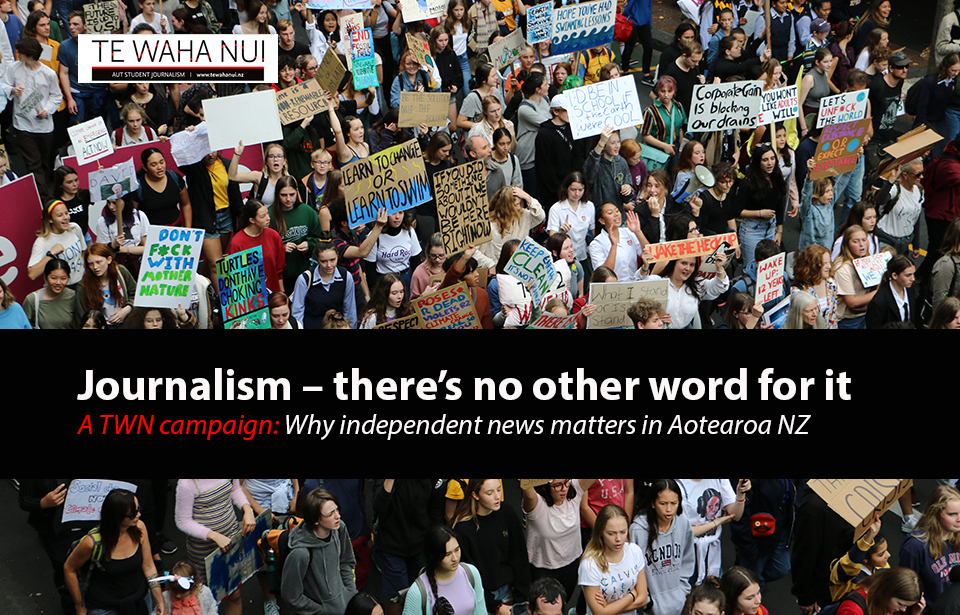Under threat: our community newspapers - and their vital role
• May 10, 2024

The Flagstaff has been serving the Devonport Peninsula for over 30 years, but it is no longer immune from the struggles facing larger outlets. PHOTO: Ryan Bos
Community newspapers are facing the same financial issues as large media outlets, threatening their survival and posing concerns for local news and democracy, warns an academic.
And one independent Auckland community newspaper has echoed the concerns.
Local newspapers are feeling the pressure of trying to run a commercially viable model as advertising revenue runs out, says Dr Gavin Ellis, Auckland University honorary research fellow and author of the Koi Tū report: ‘If not journalists, then who?’'.
“The ability for really little outlets to operate in a commercially viable way online is really quite diminished.”
He says this is due to shifting habits of readers away from print media towards online sources, using their phones and laptops.
The closure of community newspapers risks creating ‘news deserts’ where newspapers have disappeared, creating a void of little to no local news, he warns.
This poses a threat to the democratic process as coverage of local councils virtually ceases, resulting in people becoming uninformed and less democratic participation among New Zealanders.
“Simply because people don’t know what’s going on in their local authority because previously, they were told about that by their community newspaper.
“Democracy is about all citizens understanding what is going on around them and being able to make informed decisions about who should represent them and how well they are being represented.”
Rob Drent, chief editor of the Devonport Flagstaff, a community newspaper serving the Devonport Peninsula, understands the paper's value and its importance for locals.
“It’s a niche product; we don’t really do news stories outside our area. It’s all about local people, local faces, events which don’t tend to get covered by larger media.”
The Flagstaff is read by 25,000 to 30,000 people fortnightly, but, says Drent, advertising revenue is decreasing.
“We are totally funded by advertising; we don’t get any direct funding from anywhere else except from advertising.
“And our advertising has slowly been drifting down over the years and now costs have been going up.”
This is leading to the Flagstaff seeking alternative funding sources through donations.
“We are looking at pushing donations more ... hopefully saying to people if they want a local paper, they’ve got to pay for it in some form.”
Ellis says the risk that community newspapers shutting down presents is the same as larger media outlets.
“At the local level, local democracy which is just as important as national politics is hugely disadvantaged without community newspapers.”


Whakatairanga ka tika, whakamaua ngaa mita
AISHA CAMPBELL (NGĀTI RUANUI, NGĀ RAURU, NGĀ RUAHINE, TE ATIAWA, TARANAKI) • October 28, 2025

Supporters hope new council will save Western Springs Speedway
Savannah Lendich Jonkers • October 8, 2025


Whakatairanga ka tika, whakamaua ngaa mita
AISHA CAMPBELL (NGĀTI RUANUI, NGĀ RAURU, NGĀ RUAHINE, TE ATIAWA, TARANAKI) • October 28, 2025

Supporters hope new council will save Western Springs Speedway
Savannah Lendich Jonkers • October 8, 2025
